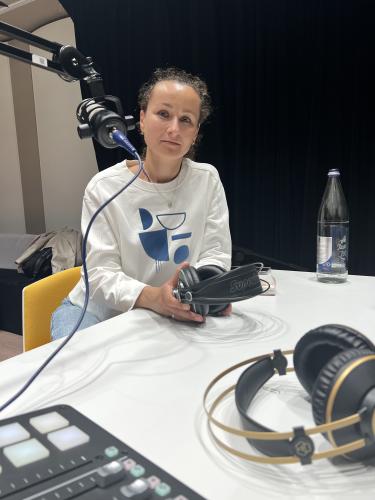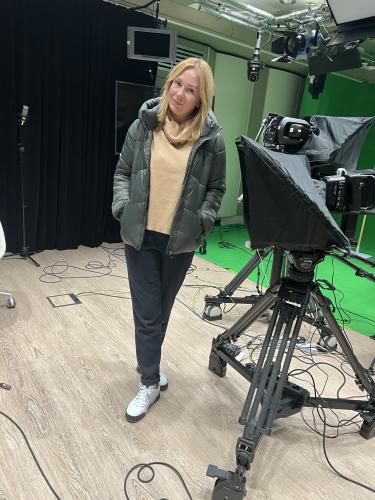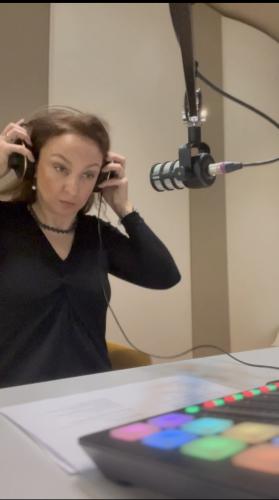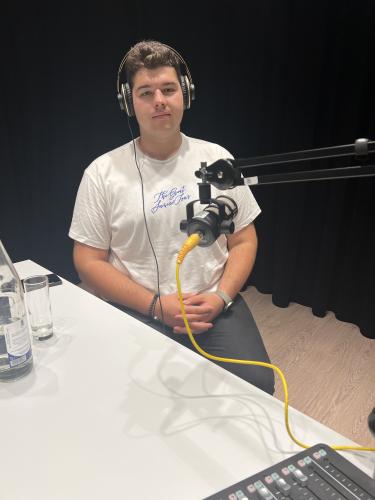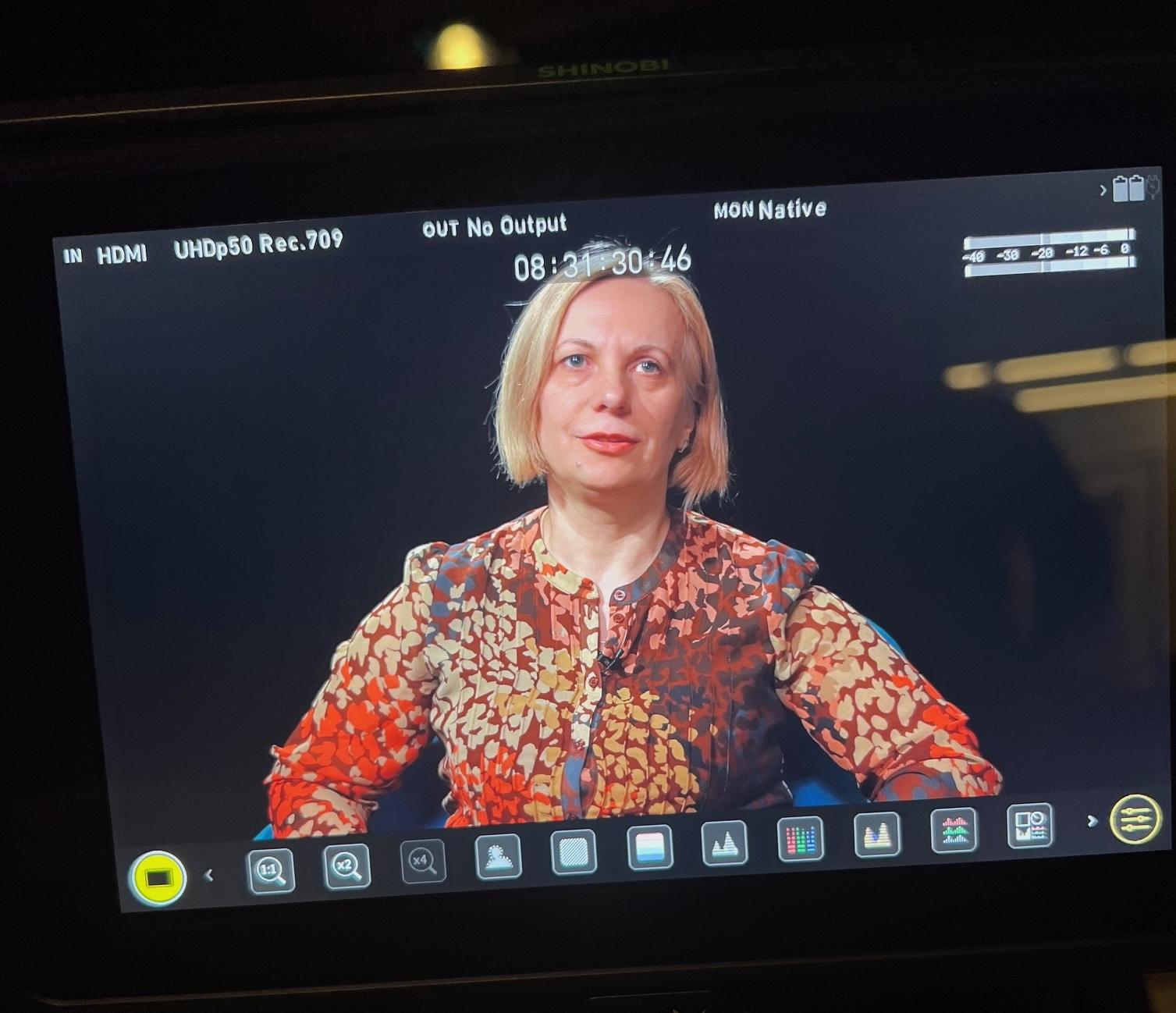
It was through this that Witnessing the Now got its start, first as an emergency documentation project, with joint funding at the outset. In Ukraine, Natalia Otrishchenko (Center for Urban History, Lviv) reported the activities conducted in Lviv to the Körber Stiftung, the House of European History and the Fundacja na rzecz Nauki Polskiej. A team of 13 interviewers and transcribers carried out 150 interviews with inhabitants of Lviv, Kyiv, Poltava, Ivano-Frankivsk and other localities. The team led by Anna Wylegała (IFiS, Polish Academy of Sciences) in Poland conducted 200 interviews in Warsaw, Krakow, Poznan, Lublin and Silesia after receiving financial support from the Fundacja na rzecz Nauki Polskiej, the House of European History and the Mieroszewski Centre.
In Luxembourg, the project received emergency funding from the Luxembourg National Research Fund (FNR), through which Venken was able to engage Kateryna Zakharchuk, a displaced Ukrainian scholar. As a refugee herself, she was in the midst of that community and conducted most of the 50 interviews. Inna Ganschow was also on board from the beginning. Apart from interviewing, the C2DH research scientist co-founded the Luxembourg Ukrainian Researcher Network (LURN).
Ganschow moved from the Soviet Union to Germany after the collapse of communism. She explains: “When the full-scale invasion started, as a person of Russian descent, I felt required to do something to help Ukrainians, it was a natural feeling.”
Many of the interviews were conducted with scholars, and most interviewees were middle-age and middle-class women. “That’s typical for this migration flow: women of a certain age and with a background in higher education tended to move abroad and take this risk,” Ganschow adds.
Testimonies were recorded with a digital recorder and transcribed using the automatic speech-to-text software HappyScribe. In addition, a number of outreach activities have garnered broader interest, also in the press. For example, Ganschow presented the LURN network on the SciLux podcast, a collaboration with Research Luxembourg, RTL Today and SciLux.
In February 2023, IfiS organised a conference to focus on the ethical standards of emergency interviewing and archiving in wartime. As the Luxembourg researchers note, there are many challenges in this area: one example is asking about citizenship. This question is sensitive in Ukraine, where inhabitants may still carry Russian IDs. The team managed to collect the biographical stories of the individuals nevertheless, including their migration routes. And they admit that at times it was very difficult to hear some of the interviewees’ stories.
What started as an emergency documentation project has scaled up into basic academic research. Thanks to a bilateral grant from the FNR and the Polish National Science Centre, a team of ten researchers will focus on war stories from Ukraine for the next four years. A first step is conducting a second round of interviews. The team wants to understand the impact of time on memories and discover how the interviewees themselves have changed since the first round. A second step is creating one central digital environment for all the testimonies, making them searchable and starting content analysis.
While researching the Second World War, Venken and Ganschow saw what was – and wasn’t – recorded at the time. “Now,” Venken explains, “we have a collection born digitally. As historians, this gives us privileged insight into what needs to be documented now – not just for this research project, but also for future scholars.”
More about Witnessing the now
Project members: Inna Ganschow, Kateryna Zakharchuk.
Project leader: Machteld Venken
Partners: Center for Urban History Lviv, Polish Academy of Sciences, University of St. Andrews, Scotland
Funding: Luxembourg National Research Fund (FNR), Polish National Science Centre
Media coverage (Ganschow about LURN):
In German: https://orbilu.uni.lu/handle/10993/52319
In English: https://orbilu.uni.lu/handle/10993/54480
In Russian: https://orbilu.uni.lu/handle/10993/54479
